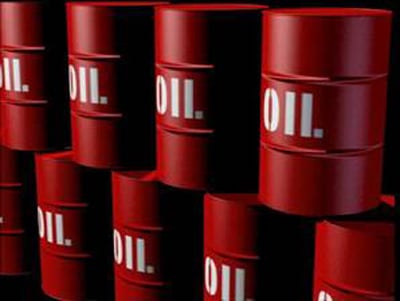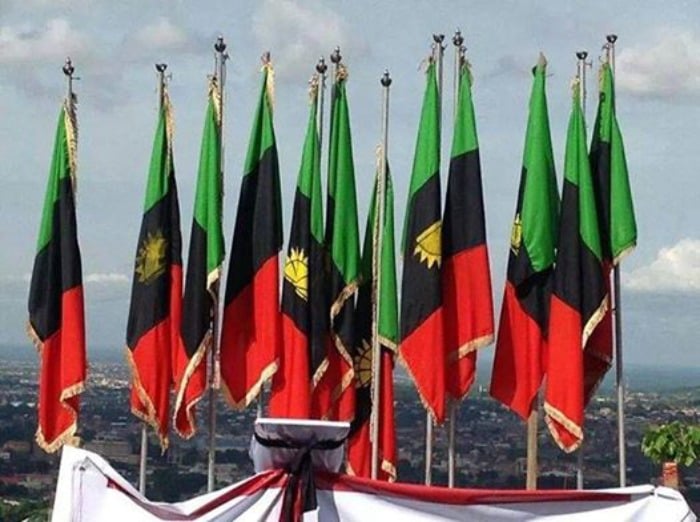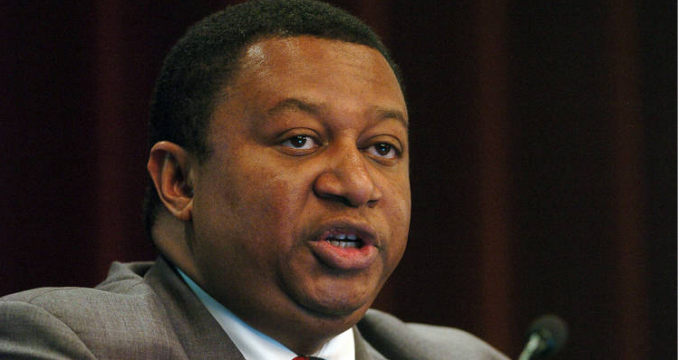Oil traded 1 percent lower at around $49 per barrel on market pessimism over whether OPEC could cut a meaningful agreement at its meeting in Vienna on Thursday.
According to Reuters, Gary Ross, a veteran OPEC watcher and founder of US-based PIRA consultancy, said the market was getting more pessimistic not only about “non-OPEC but also about OPEC supply”.
“The main story today is the one of declining output. The Global demand is still growing strongly and that works in OPEC’s favor,” he said.
The 13-member Organization of the Petroleum Exporting Countries (OPEC) will for the first time meet with Ali bin Ibrahim Al-Naimi, Saudi Arabia’s new oil minister, who has been outspoken about not reducing oil production.
Advertisement
Gulf OPEC members including Saudi Arabia are looking to revive the idea of coordinated oil-output action by major producers.
“The Gulf Cooperation Council is looking for coordinated action at the meeting,” the source said, referring to a group combining OPEC’s biggest producer Saudi Arabia and its Gulf allies Qatar, Kuwait and the United Arab Emirates.
Saudi Arabia effectively scuppered plans for a global production freeze – aimed at stabilizing oil markets – in April. It said then that it would join the deal, which would also have involved non-OPEC Russia, only if Iran agreed to freeze output.
Advertisement
Tehran has been the main stumbling block for the Organization of the Petroleum Exporting Countries to agree on output policy over the past year as the country boosted supplies despite calls from other members for a production freeze.
Tehran argues it should be allowed to raise production to levels seen before the imposition of now-ended Western sanctions over Iran’s nuclear program.
On Wednesday, Iran said its position had not changed and even though its exports were rising quickly it was too early for Tehran to join such a pact – meaning it would need an exemption, which Saudi Arabia has repeatedly resisted.
“Iran supports OPEC’s efforts to bring stability to the market with fair and logical prices, but it will not commit to any output freeze,” Iran’s representative to OPEC, Mehdi Asali, was quoted as saying by Iranian oil ministry news agency Shana.
Advertisement
“The issue of output rationing can be discussed after the market stabilizes,” Asali said.
At its previous meeting in December 2015, OPEC failed to set any production policy including a formal output ceiling, effectively allowing its 13 members to pump at will in an already oversupplied market.
As a result, prices crashed to $27 per barrel in January, their lowest in over a decade, but have since recovered to around $50 due to global supply outages.
The $50 2016 all-time high is as a result of production outages in Canada occasioned by forest fire and militants’ disruption of Nigeria’s oil sector.
Advertisement
The recent recovery in prices has eased pressure on the group to turn down the taps at this week’s gathering, analysts say.
“This week’s OPEC meeting could be quite interesting, although with oil prices where they are, I would be very surprised if any plans to cut or freeze production are announced,” noted Oanda analyst Craig Erlam.
Advertisement
OPEC, which pumps around a third of the world’s oil or some 30 million barrels every day, has historically responded to a fall in prices by cutting production.
Advertisement
Add a comment






